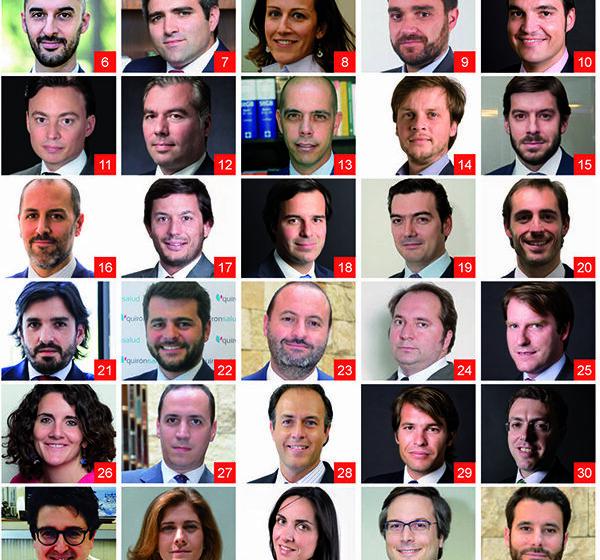Middle East energy and infrastructure projects generating considerable legal work – Hebert Smith Freehills
With Spanish clients increasingly active in countries such as Saudi Arabia due to major construction projects, law firms in the region need an in-depth understanding of local culture
Energy and infrastructure projects in the Middle East are proving to be a rich source of legal work for some Spanish practices, according to Miguel Riaño, Hebert Smith Freehills’ Madrid managing partner.
“We have been involved in many matters for Spanish clients in the Gulf, especially in energy and infrastructure,” he says. “For example, we are advising the Haramain High-speed Rail Consortium – which includes Renfe, Talgo, Adif, OHL – on the $10 billion contract for a high-speed railway between Medina and Mecca and have also been involved for Spanish companies on the Riyadh Metro project.”
Cultural understanding
Riaño says that it is important that Spanish clients have access to law firms with the right cultural and legal understanding of the region, which is a considerably different proposition in terms of doing business than Latin America or Europe.
As an example, most of the major energy and infrastructure projects – though often backed by international banks – will require Islamic finance skills, which differ from general project finance expertise.
Strategic changes
“If you want to do business in the region you have to know the business processes so you need a law firm that is comfortable with local matters such as permitting, disputes procedures and Islamic finance,” Riaño adds.
“As Spanish groups continue to target Middle East investments, then they too will become more comfortable with these structures.”
Even so, Riaño expects there to be some strategic changes on the part of international law firms in the region, with Dubai and Riyadh effectively becoming the hubs for major Gulf work: “Our firm will be concentrated in Dubai, with Riyadh also being a priority.”












